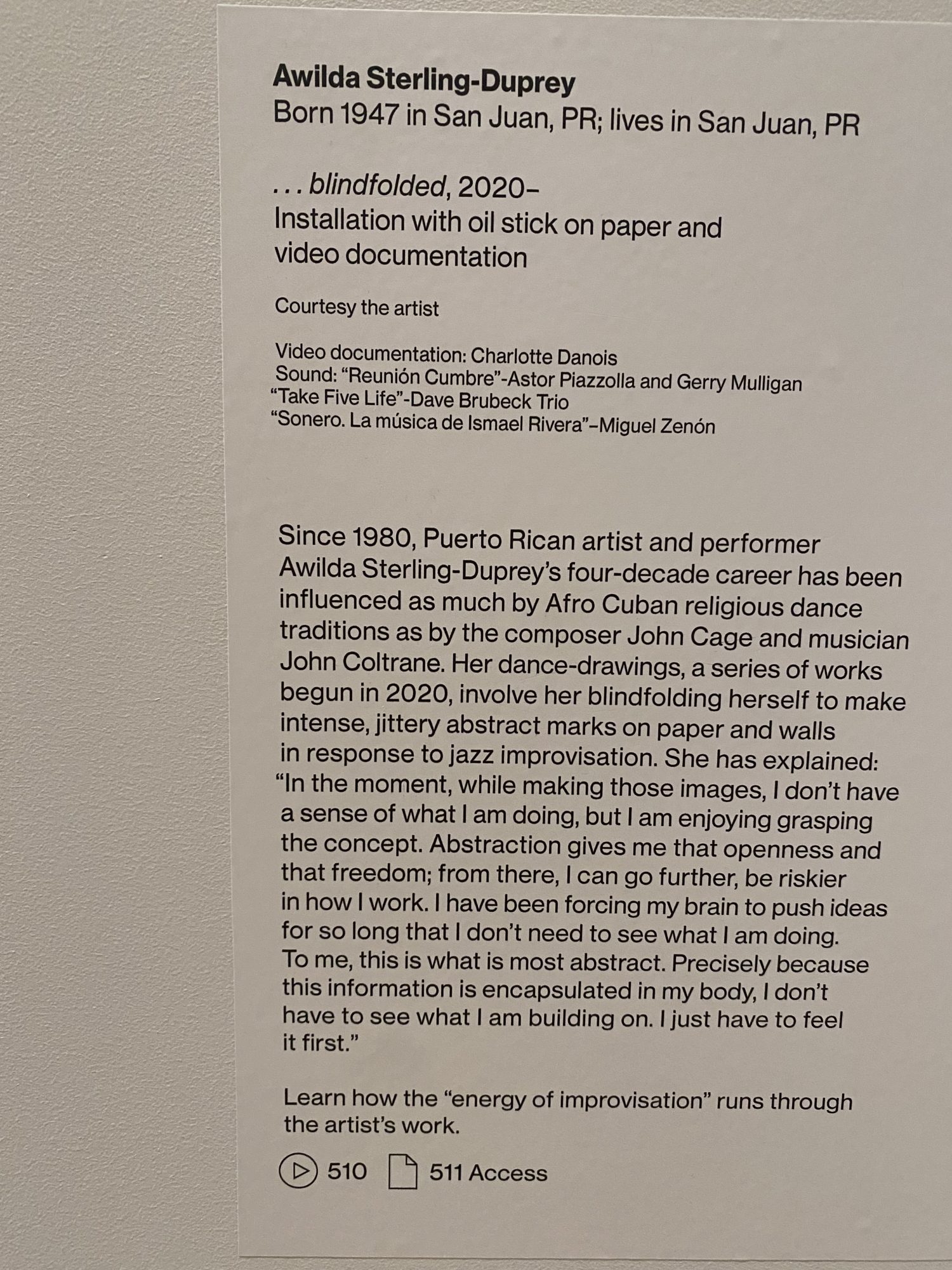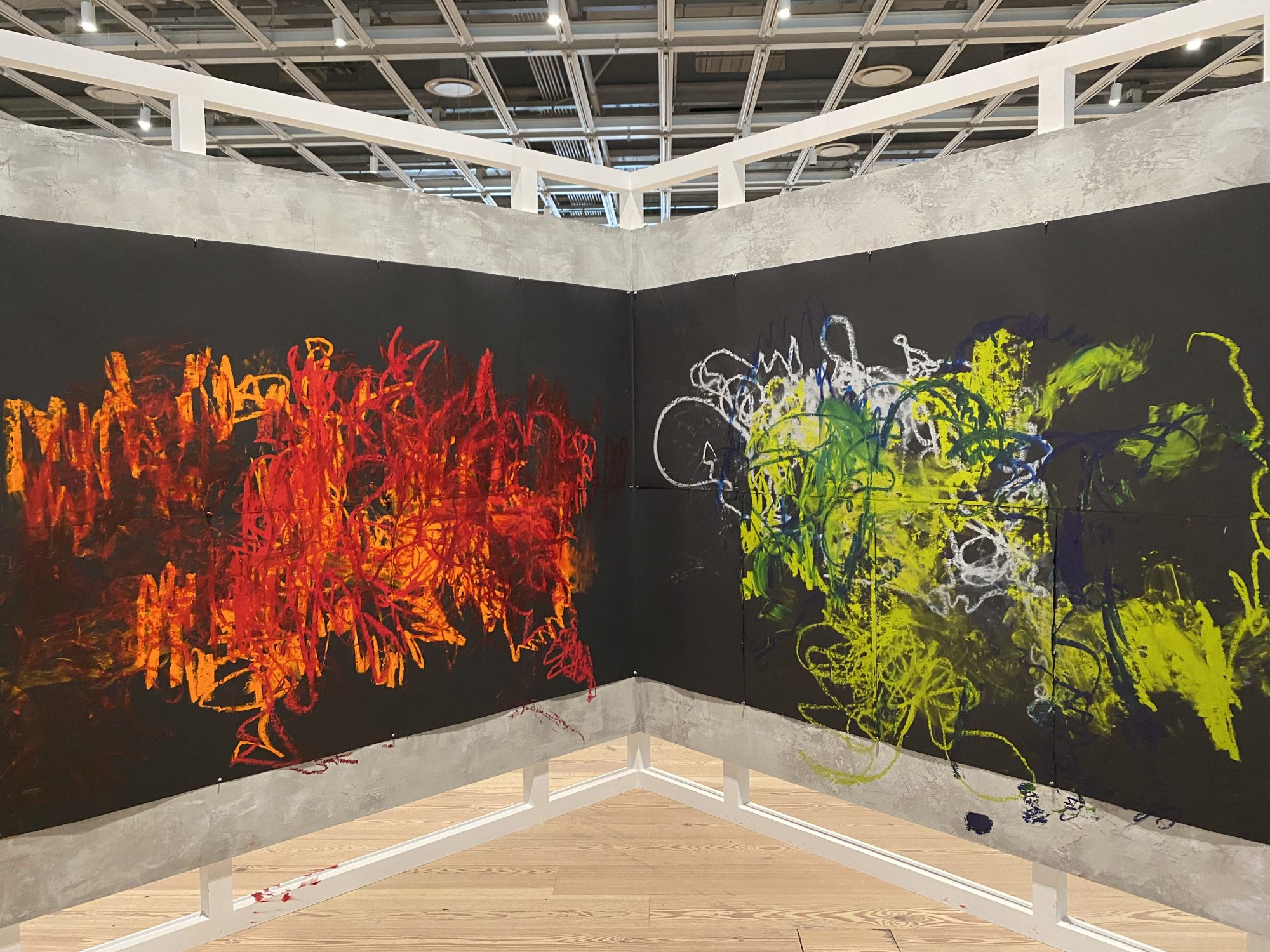Creëren van intimiteit tussen de verschillende innerlijke kunstenaars.
Bijlagen:
Blog van Esther Perel (psycholoog)
Why is it so hard to take a break.
“Leisure, freedom, exemption, free from duty, immunity earned by service.”
These are the words associated with “vacation” according to the Online Etymology Dictionary. Vacation allows us to “be empty, at leisure, to leave, abandon.” From the Latin word “vacare,” it means “to be unoccupied.”
I am rarely unoccupied. I actually find it a very difficult state to achieve.
I’m an associative thinker, which means I usually have several lines of thought going at once. I’m a psychotherapist with an active practice, which means I have constant responsibility to my patients regarding the most personal dimensions of their lives. I’m a wife and a mother and, I’ll admit it, a worrier on both of these fronts, particularly as my husband heals from a recent major surgery. I have a small business which, likewise, requires a great deal of attention and care, especially as we grow. And I have my community: all of you.
So when I set out to take a “real vacation” this summer, I made an intention to reconnect with my sense of play. I planned to write about it in this very letter to you, after all, “play” is one of my favorite topics. Play is the infinite testing ground for creativity. It allows us to safely take risks, learn new skills, and connect with ourselves and others. But, at this moment, I’m not feeling connected to the topic. And I feel a bit guilty for that lack of connection.
My vacation took me on a boat through the Greek islands with a few close friends. We played. But I found myself plagued by a sense of distance, not the kind that comes with traveling far from home, but the kind in which you feel distant from yourself. Even though my surroundings had changed, I was still occupied by work and home.
Moreover, there was a crisis unfolding before us: Greece was—and continues to be—experiencing what has become an all too common tragedy across the globe. It’s on fire. Through binoculars, I could see it off in the distance. Slightly closer, a vessel of migrants seeking safety was being towed to shore.
No matter where you go, vacation always comes with a choice: do you want to stay connected to the world and its realities or do you want to disconnect and simply be present where you are? When the place you’ve gone to vacation is in crisis, however, those two options merge and a new choice must be made. Do I try to help? Do I pack up and go home? Home, I soon found out, was also choking—on the haze drifting south from the Canadian wildfires.
The boat became a liminal space, a vessel between burning continents. My mind was in between states, too. I’d be lounging carefree and suddenly a jolt of worry would envelop me. We were told there wasn’t much we could do to help, just to try to relax. But I didn’t know how.
In my American life, I often find myself having to justify taking vacation, especially when it’s longer than a week. In my European life, it’s a sin to work during the entire month of August. When I booked this trip, I said to myself, “come on, Perel. Even God rested on the seventh day, no justification needed.” But how can one rest at a time like this?
Movement has always helped me calm down. I decided to swim to shore with a friend. The water was rough but, focused on my breath, my mind finally went to rest. As we approached the sand, I could see locals all along the beach, playing underneath an orange sky. There were picnics of watermelon and feta, sun shades covering napping babies, children playing with balls. It wasn’t apathy for the fires. It was survival—which brings me back to the topic I’ve been avoiding: play.
When crisis is all around us, rest and play can feel self-indulgent, but both are essential ingredients of our life force, what I call “Eroticism.” It may sound trivial or even offensive in this context, but please bear with me as I work through this thought: I believe that staying connected to that life force prepares us to handle the very things we need a break from—whether it’s the crises of home or work or our planet—so we can come back to these fights replenished and a little stronger. I stayed on that beach for as long as I could before heading back to the boat.
Eroticism in hard times.
From the pandemic to climate crisis to crimes against humanity, severe burnout, and more, we are living through collective trauma. Our impulse may be to shut down, numb ourselves with substances, disconnect, sleep forever, wallow in the 24 hour news cycle, or stuff every free moment with social media to avoid difficult thoughts and feelings. But today, I invite you to try something different. I want to you embrace your Erotic self. You may think that talking about Eroticism at a time like this is hubris. But I think it is essential.
Eroticism. I speak of it often—not through the narrow definition of sex that modernity has assigned to it—but in the mystical sense. “Eroticism reveals to us another world, inside this world,” Octavio Paz wrote. “The senses become servants to our imagination, letting us see the invisible and hear the inaudible.” Eroticism is an elixir of vibrancy, curiosity, and spontaneity that makes us feel alive. It is the counterforce of deadness, a radiance that reminds us that, despite any darkness we may endure, we are here on this planet right now. And, at all times, we are on the edge of all that is possible, straddling hope and anxiety.
Eroticism isn’t just the life force that makes sex great. Eroticism is what makes life itself worth living. When times are good, Eroticism is what converts the mundane into magic. When times are tough, Eroticism is what inspires us to survive—and even to thrive—despite all odds. It is why we make art and music and go into nature when we are in pain. It is the orchestras in the concentration camps, the choirs in the cotton fields, the dark humor shared by refugees all around the globe. Eroticism is the blues. It is both the letters of longing and the poetry of heartbreak. It’s the playlist we make for a friend working graveyard shifts at the hospital. Eroticism is every “pandemic baby” conceived at the height of prolonged uncertainty, isolation, and grief. It is the spirit that creates new life when death is ever-present. Eroticism is having faith that the world will exist for our grandchildren and finding real ways to contribute to that outcome—even as apocalyptic scenarios seem to play out around us.
I was raised by a mother and father who were each the sole survivors of families who had been killed in the holocaust. I grew up on stories of resilience in the face of extreme adversity and I have spent my life studying what helps people to come back to life rather than just “not be dead.” I believe it is Eroticism—as has been described in the Zohar, by Audre Lorde, and by many others. Growing up, I played with friends—fellow children of survivors—whose homes seemed defined by suffering, distrust, and vigilance. Their parents sheathed the furniture in plastic, felt safer inside, and kept their circles small. In my house, sadness was designated for rituals on religious holidays. At all other times, there was a ban on sad feelings in a nearly oppressive way, probably because my parents feared sinking into depression due to the insurmountable grief they had suffered. I longed for permission to feel both pleasure and pain, to allow hope to balance my anxiety rather than repress it. In embracing the study of Eroticism twenty years ago, I found that permission.
Don’t think of Eroticism as a hedonistic distraction from the state of the world. Eroticism is the life force that keeps us connected to our sense of humanity, hope, and pleasure—especially when we are in pain. It confirms: I exist. I’m alive. I have a family. I have a name. Someone knows me. I have a capacity to create, to entertain, to help, to connect with others. This, too, is the reality of our world.

